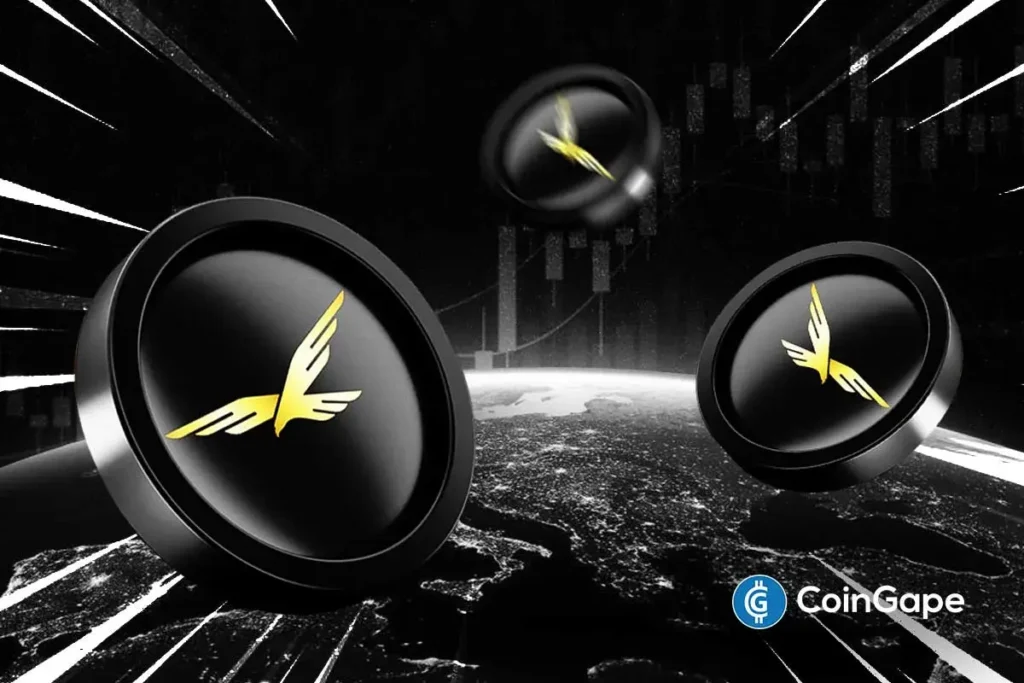World Liberty Financial Blacklists 272 Wallets: What You Need to Know
World Liberty Financial (WLFI) recently made headlines by blacklisting 272 wallets in a move aimed at safeguarding its users amidst various allegations. The decision to block these wallets is not only significant for WLFI but also for the broader DeFi landscape, as it underscores the ongoing challenges faced by projects in maintaining user security amidst rising risks.
Reasons Behind the Blacklisting
The DeFi project WLFI confirmed that the mass blacklisting was implemented to protect users from potential harm. In an announcement on X (formerly Twitter), the team clarified that the action was not intended to stifle normal trading activities but rather to help mitigate risks. They outlined that 215 of the blacklisted wallets—approximately 79%—were flagged due to phishing attacks, allowing the company to intervene before these hackers could drain user funds. The WLFI team is now working closely with the affected wallet holders to secure their assets and aid in recovery efforts.
Breakdown of the Affected Wallets
Out of the total 272 wallets frozen, another 50 (about 18.4%) were blacklisted after their owners reported compromises stemming from interactions with fake support teams. This preemptive blacklisting serves as a security measure to assist token holders in recovering their funds. Additionally, five wallets were flagged due to high-risk exposure, and a single wallet is currently being reviewed for potential misappropriation of funds belonging to other users. This meticulous breakdown sheds light on WLFI’s proactive measures to safeguard its community.
The Justin Sun Controversy
Amid these developments, WLFI’s decision to blacklist TRON founder Justin Sun’s wallet has generated significant buzz. Allegations emerged that Sun was dumping tokens on investors, prompting WLFI to include his wallet in their blacklist. Justin Sun has vehemently denied these charges, stating that the freezing of his tokens was "unreasonable." The ongoing dispute highlights the complexities and tensions that can arise in the crypto space, particularly when reputations are at stake.
Market Response to Blacklisting
The WLFI token’s market behavior following these events has been notable. After initially experiencing a decline, the token has seen a rebound, trading at approximately $0.1966—an 8% increase from earlier lows. This rebound is particularly significant given that WLFI launched with a $7 billion market cap on September 1 and had previously fallen to an all-time low of $0.1632. Such recoveries can often indicate investor confidence in the project’s ability to navigate challenges effectively.
Expert Insights on the Blacklisting Strategy
ZachXBT, a well-respected on-chain analyst, praised WLFI’s proactive stance regarding the blacklisting. He remarked that effective monitoring of "high-risk" accounts is vital; however, it carries the risk of mislabeling individuals or entities, which could damage reputations. He cautioned that balancing user protection with accurate identification of fraudulent activities is a difficult but essential aspect of financial safeguarding in the cryptocurrency space. Teams must remain vigilant to avoid potential backlash from incorrect blacklisting decisions.
Conclusion: The Future of User Security in DeFi
As the DeFi landscape evolves, the blacklisting of 272 wallets by World Liberty Financial underscores an urgent need for robust security measures. Projects like WLFI are taking steps to protect their users, but they must tread carefully to ensure that their actions do not inadvertently harm innocent users. The unfolding events also highlight the importance of transparency and robust monitoring systems to maintain trust in decentralized finance. As the industry develops, how it addresses these cybersecurity challenges will be critical for its long-term sustainability.


